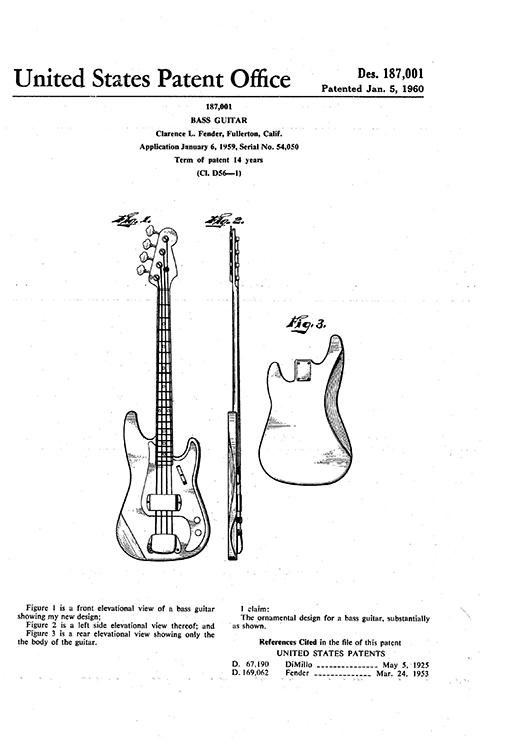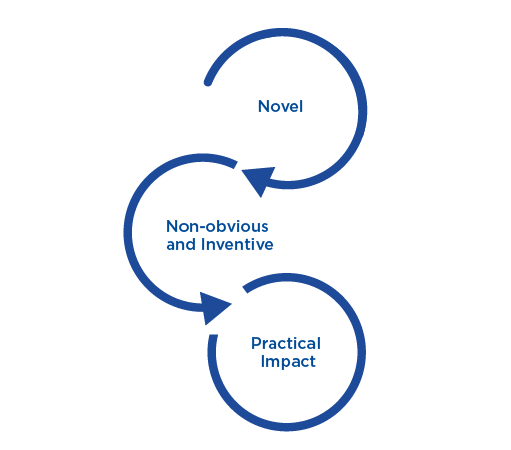3.1 Patents
Patents grant inventors exclusive rights to make, use or sell a new invention for a defined period, currently 20 years in the UK. Howkins argues that ‘patents are a straightforward example of ideas as property as they give a monopoly almost as robust as ownership of a physical thing’ (Howkins, 2013, p. 98).
The owner of a patent may consequently sell the patent or, indeed, authorise others to make, use or sell the invention in exchange for royalties or other compensation.
For an invention to be patented it must generally satisfy three basic criteria:
It must be novel (i.e. new and unexpected).
There must be an element of inventiveness/invention in a way that is non-obvious and not just a modification of something that already exists.
There must be practical impact and it must be capable of being used.
3 Types of IP protection


